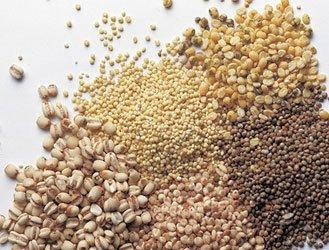Sugar calls sugar, the thing is heard.
The "anti-sweeteners" have long claimed that the same applies to aspartame . However, this one does not provoke any reaction of this kind in the brain. To verify this, SU.VI.MAX (Vitamin and Antioxidant Mineral Supplementation), which followed 13,000 people for eight years, showed that consumers of sweeteners generally have a diet that is less sweet than others and that they do not develop a special attraction for sugar .
With a caloric intake almost zero and a strong sweetening power, we have no problem to be on the scale. Moreover, a study of the CNRH (National Center for Research in Human Nutrition) in Ile-de-France has shown that consumers of sweeteners reduce by about 10% their daily energy intake - probably also because this population is spontaneously more attentive to his diet - which represents a weight loss of up to 200 g per week. Casually, you can arrive at 800 g per month without effort. 60% of French people declare themselves too greedy and fear for their silhouette (source Splenda / TNS Sofres).
And the carcinogenic effects?
Like all sweeteners, aspartame has been subjected to very stringent tests before being placed on the market. In 2006, the European Food Safety Authority (EFSA) has once again claimed its safety. So where do the suspicions about these carcinogenic effects come from? The modification of the structure of the aspartame molecule at a temperature above 100 ° C. It is the end result of this transformation that would be carcinogenic, but this has never been demonstrated. Experience only proves that aspartame has a poor resistance to cooking, which distorts its taste. For hot preparations, it is generally preferred that sucralose , another type of sweetener, is more heat resistant.
GOOD TO KNOW
Official authorities have set an acceptable daily intake (ADI) for each sweetener. For possible deleterious effects, a person of 60 kg should consume ... 2.4 kg of aspartame! So there is nothing to worry about.
Our food in 200 questions
And as many answers! This is the challenge raised by the IFN (French Institute for Nutrition). www.ifn.asso.fr



